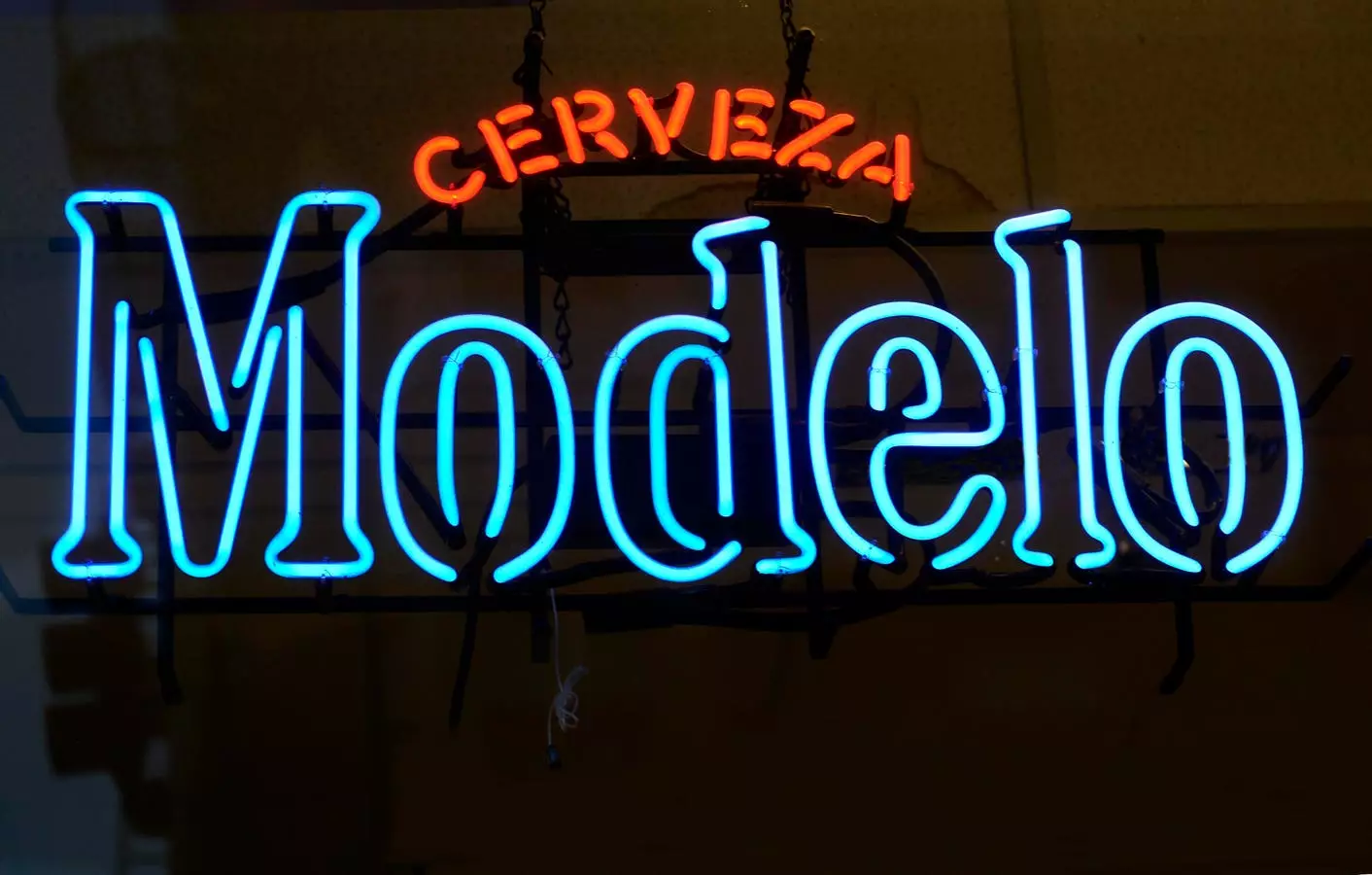In a remarkable shift within the American beverage market, Modelo Especial has capturing the title of the best-selling beer brand in the United States as of June 2023. This transition was not merely a flash in the pan; rather, it marks an enduring change in consumer preferences that has seen a gradual decline in traditional American brands like Bud Light. The emergence of Mexican beers, particularly those under the Modelo brand, speaks volumes about evolving cultural dynamics and the increasing significance of import beers in the landscape of American consumption.
American beer culture, long dominated by mass-market brands, is now making room for beers that carry a genuine cultural narrative. The notable rise of brands like Modelo and Michelob Ultra provides insight into a crucial development in consumer behavior. These brands are not positioned as generic options; they thrive by resonating with consumers through distinct lifestyle branding and authenticity. As noted by beverage analyst Kate Bernot, the appeal of these imported beers lies in their freshness and their ability to connect with consumers on a personal level.
Beyond mere statistics, the success of Mexican beers cannot solely be attributed to marketing mechanics; it is deeply intertwined with cultural trends in the United States. As Latin American cultural exports gain traction—from music to culinary innovations—Mexican beer brands are increasingly seen as trendy choices that evoke a sense of identity and celebration. The popularity of artists like Bad Bunny and Nathy Peluso illustrates how cultural currents can influence consumer preferences, ultimately helping import brands carve a niche in a saturated market.
While the Dylan Mulvaney controversy surrounding Bud Light is often cited as a catalyst for its decline, it is essential to recognize that Bud Light had been on a downward trend for several years prior to this incident. In contrast, Mexican beers have gained a foothold in both Hispanic households and among non-Hispanic consumers—a trend signified by the fact that in 2023, 61% of Modelo’s purchasers were non-Hispanic. This crossover appeal illustrates the versatility of these beers as they transcend demographics and engage with a broader audience.
The decline of Bud Light encapsulates larger issues within the American beer industry, especially regarding legacy marketing strategies. Renowned brands like Miller and Coors, while initially appealing to a broad audience, have struggled to maintain their relevance in a marketplace increasingly characterized by niche branding. This failure to create a unique identity has allowed Mexican brands to seize on opportunities, positioning themselves as fresher and more appealing alternatives.
Moreover, the dynamics surrounding ownership play an intricate role in this story. Constellation Brands, which successfully acquired the rights to sell several key Mexican beer brands, has exhibited proficiency in marketing and distribution strategies, bolstered by its relationship with Reyes Beverage Group. This partnership creates an optimal environment for brands like Modelo to flourish—essentially, it has become a case of the right brands meeting the right distributors in a commercially aggressive landscape.
Despite the considerable resources at AB InBev’s disposal, the company seems to be struggling to adapt to this shifting landscape. The introduction of products like Bud Light Lime was an initial attempt to push back against the growing influence of Mexican beers, but this strategy fails to address the broader cultural shifts taking place. In Bernot’s analysis, AB InBev’s inability to pivot reflects its historical baggage—a brand anchored in its traditions that now struggles to innovate in a swiftly evolving marketplace.
To further complicate matters, the anti-trust regulations governing beer distribution have led to a situation where AB InBev essentially birthed its own competitor as Constellation Brands capitalized on the opportunities left open by restrictions following the merger with Grupo Modelo. The failure of a once-dominant player to respond effectively to this competitive threat has allowed Modelo Especial to rise and claim its new status, redefining what it means to be America’s favorite beer.
The narrative unfolding around Mexican beer brands like Modelo Especial heralds a new chapter in the American beer industry. Cultural resonance, effective marketing, and strategic distribution come together to create an environment in which consumers are increasingly steering their preferences towards brands that encapsulate not only flavor but also lifestyle and authenticity. As new players emerge in the beer landscape, both domestic and import, one thing is clear: the beer market in America is evolving, and the winds of change favor those who can adapt to the ever-shifting tastes of the American palate.


Leave a Reply